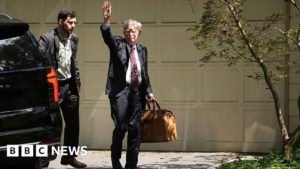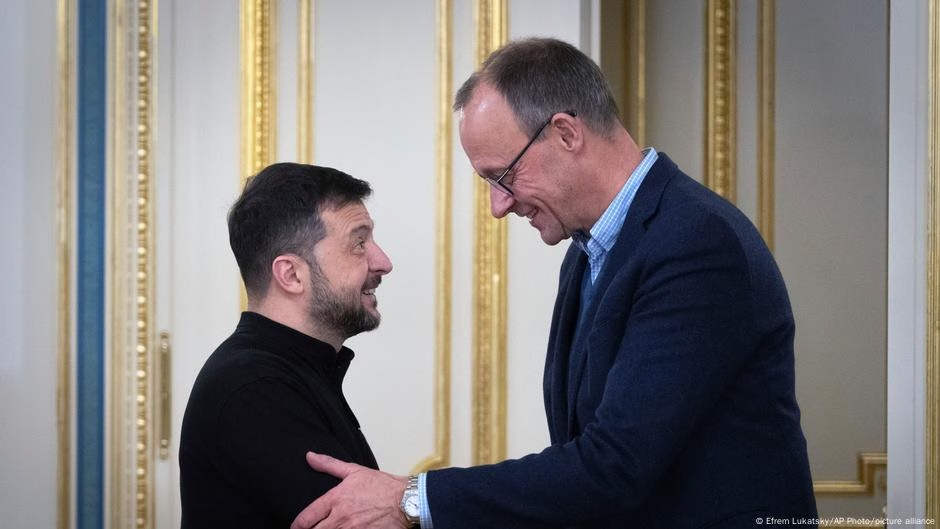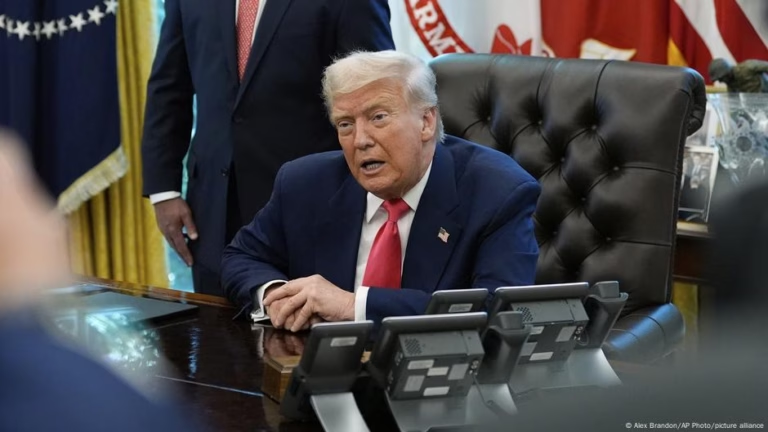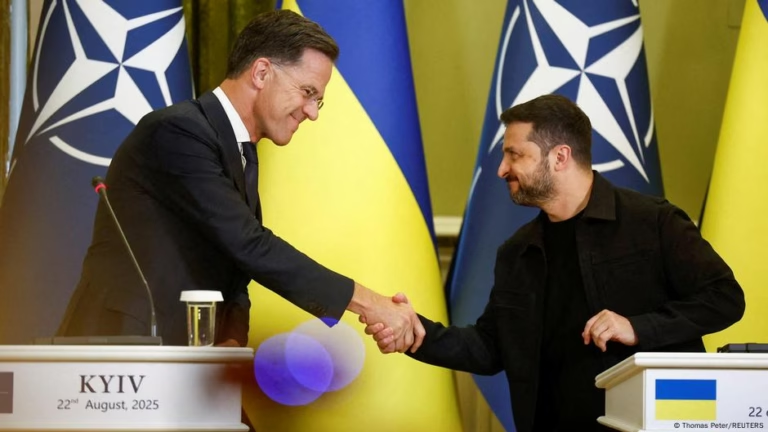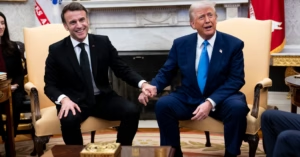High expectations are placed on Germany, with Merz acknowledging this after numerous discussions with politicians from friendly nations. Germany is consistently urged to demonstrate commitment and initiative on matters like supporting Ukraine, enhancing Europe’s defense capabilities, and strengthening trans-Atlantic relations.
US Policy Shift Nudges Germany into Action
This call to action has grown more urgent since Donald Trump returned to the White House, already straining the trans-Atlantic relationship during his initial weeks in office. Concerning Ukraine policy, Trump has refused to align with Europe, negotiating an end to the conflict directly with Moscow, excluding Ukrainian President Volodymyr Zelenskyy, whom Trump has criticized severely.
Following recent statements by the US president, Merz said in a German TV show, “The Americans, at least this part, this administration, is largely indifferent to Europe’s fate.” Strengthening Europe as quickly as possible is Merz’s top priority, aiming to gradually achieve independence from the US.
Despite this, Merz intends to “do everything possible” to preserve a good transatlantic relationship, emphasizing that its destruction would harm both Europe and America. Merz, during his election night conversation with French President Emmanuel Macron (who was heading to Washington to meet with Trump), aligned his stance with Macron’s, expressing matching positions post-election.
First and foremost, Merz’s task will be to assemble a government capable of taking decisive action. With the conservative CDU/CSU bloc gaining merely 28.6% of the vote, a coalition partner is necessary. Merz is aiming for a governing alliance with the SPD, which faced a plunge to just over 16%, enabling a stable Bundestag majority.
Differences exist, particularly over the SPF’s approach to Europe, criticizing Merkel’s handling of Trump’s foreign policy. The CDU/CSU advocates for a more united European front, with initiatives like those coordinated with France, the UK, and Poland seen as more effective.
‘Europe Must Show Unity and Solidarity’
“Germany must lead in Europe, collaborative with France, Poland, and through a strengthened European Union,” suggested Carsten Linnemann, the CDU’s general secretary during the election campaign.
The CDU/CSU criticized Scholz’s last call with Russian President Vladimir Putin, advocating for better-coordinated efforts among allies.
Common Ground on Ukraine Policy
Although the parties differ on Ukraine, they agree on the need for Ukrainian and European participation in negotiations and that Germany must continue supplying Ukraine with weapons.
Regarding Ukraine, Merz supported delivering German Taurus cruise missiles, contrasting with Scholz’s stance against it, arguing Germany should avoid direct involvement in the conflict.
Increased Defense Spending Necessary
Since Russia’s invasion of Ukraine, Germany has supplied approximately €28 billion in military aid, making it Kyiv’s second-largest supporter. However, the obligation for Europe to take on more defense responsibilities, alongside calls for increased defense spending, could strain Germany’s budget.
Merz’s Position on Netanyahu’s Visit
Despite an ICC arrest warrant for Netanyahu, Merz indicated he would welcome the Israeli prime minister, emphasizing his opposition to any legal barriers preventing such a visit.
This article may have been translated from its original German source.
